It takes everyone to get to zero
There seems to be an ongoing debate about who is responsible for solving the environmental crisis. Is it consumers who need to make less impactful day-to-day decisions, businesses to create better products and technologies, or the government to build better systems? I have read my fair share of articles arguing for each of these perspectives as the ones who need to take the lead and cause meaningful change.
Last month, I hosted a panel discussion on what it will take to envision a future of zero waste with three incredible leaders at Soho House in New York. Lauren Singer runs a blog called Trash is for Tossers and has shared information about living zero in NYC for the past five years, Ron Gonen founded Closed Loop Partners, an investment firm that invests in sustainable consumer goods, recycling and the development of the circular economy; and Kate Kitchener, the Deputy Director of Policy and Programs at the Bureau of Recycling and Sustainability for NYC’s Department of Sanitation.
They each shared key highlights about their work including stories of how they bring sustainability initiatives to different groups of people including climate change deniers and what they believe is going to happen next for zero waste.
Zero waste, 100% common sense
Ron, for example, shared a story of when he was bringing food waste collection to Staten Island and ran into people who felt the new initiative was a waste of their tax dollars. A classic case of misperception, he helped them understand that it was more a case of putting their tax dollars to better use given that currently, New York City spends $150 million a year to export garbage. If we can take out all the food that goes into trash and therefore to landfill by simply eating it or composting, those costs will drop.
Connecting the dots
Kate picked up where Ron left off to discuss how this same initiative would help the city’s infamous rat population. Using this narrative got her instant wins for zero waste with people getting on board right away. Although the in’s and out’s of government bureaucracy can get in the way of smart ideas and sustainable initiatives, the city is making great progress towards the zero waste to landfill goal.
Walking the walk
Lauren shared a story of her journey acting in line with her values and how empowering that is. She shared the story of how it all started for her. She was in an environmental studies class in college and was frustrated by a peer who came to class each day with single use plastic bag, utensils, food containers, etc. However, when she got home and looked at her fridge, cupboards, and bathroom, found they were all filled with plastic as well. That’s when it all shifted for her. She realized she needed to lead by example and begin her personal zero waste journey.
To be able to hear from people at the front lines of making NYC’s zero waste initiative actually seem attainable felt exactly what I needed given recent news about climate policy in the US.
But the point of this conversation was not to preach to the choir. After the panel, we started receiving emails from friends and contacts who had attended the panel with no experience in environmental sustainability. People felt charged by the event, sharing about wasteful practices at the companies they work at and how they wanted to champion reducing waste at work. A friend of mine emailed me telling me that after the event she had emailed companies she gets deliveries from asking them to reduce their packaging. Others had shared Lauren’s blog with their networks, encouraging people to consider changes they could make in their homes and in their lives to be less wasteful.
No matter what convincing argument or data point I see about who is responsible for solving the environmental crisis, everyone needs to get involved. It requires a personal commitment both as an individual through your day to day choices but also as business and government professionals. On the individual level, it extends to not only bringing a reusable coffee cup for your coffee run but also starting conversations with the baristas about reducing waste and speaking to managers of restaurants about their practices. Sure it will be weird and uncomfortable at first but the more you do it the more it just makes sense. Share zero waste practices in your office and lead by example by not using single use utensils or plastic water bottles at work. Engage with city officials about zero waste to show growing demand.
As Futerra cofounder Solitaire Townsend recently put it, I feel incredibly encouraged that there are so many people driving systemic change and am optimistic about our future. Sometimes it just takes one conversation.
written by
Hannah Phang

